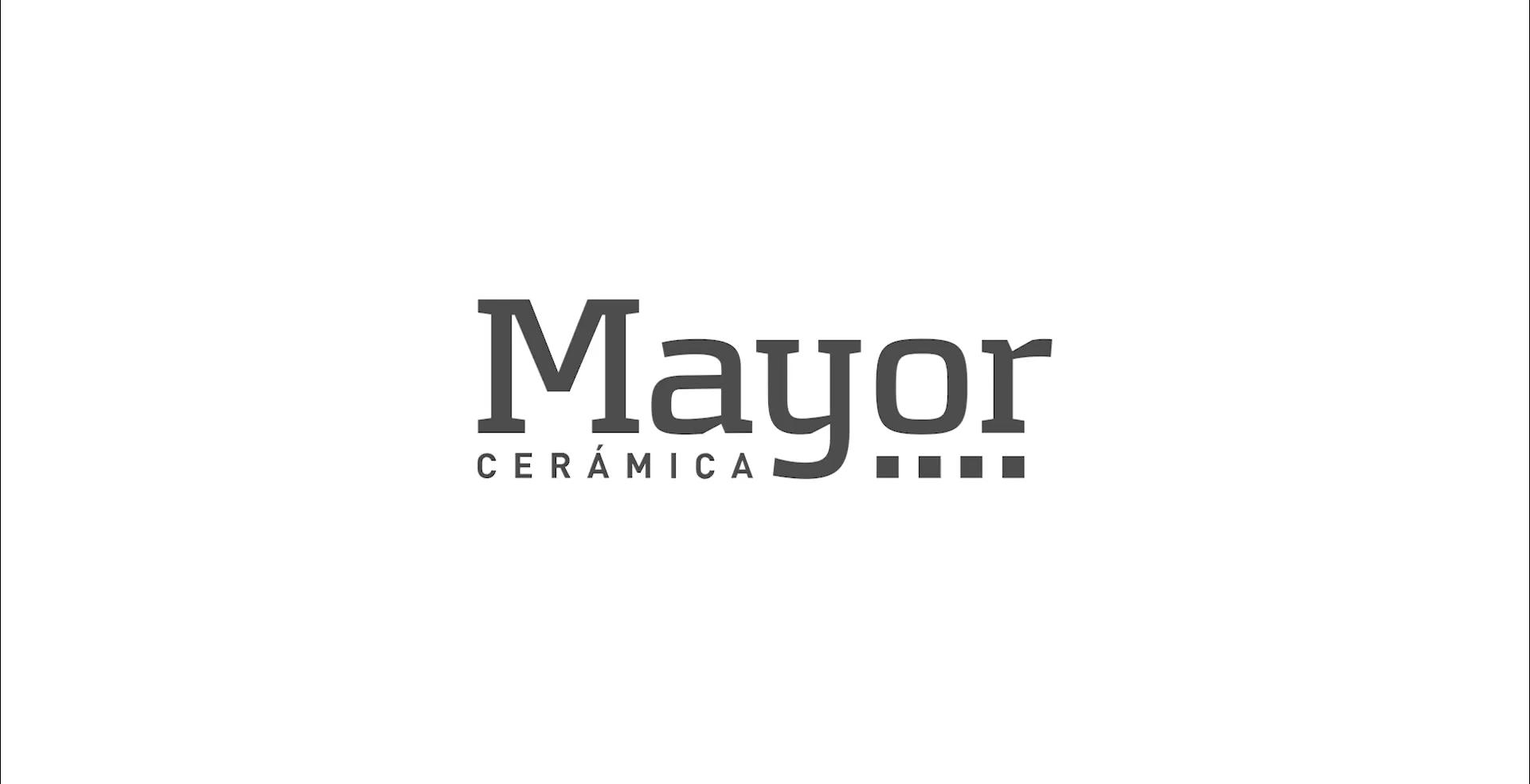1. WHAT ARE COOKIES AND WHAT ARE THEY USED FOR
A cookie is a file that is downloaded to the user’s device to access specific web pages to store or retrieve information on the navigation performed from that device.
Cookies allow that website, among other things, to store and retrieve information on the user’s decisions and habits. We use them to personalise the experience within our websites, identify and remember the registered user and facilitate the navigation.
It is important to point out that the use of cookies does not provide personal data of the user, who remains anonymous.
The user can configure the browser to not accept the use of cookies, in which case the personalisation of the experience would not apply although the contents can still be accessed normally.
On the Wikipedia page (http://es.wikipedia.org/wiki/Cookie_(informática)) you can get further information on what cookies are and how they work
2. WHAT TYPE OF COOKIES ARE USED?
Statistic Analysis cookies:
Are those which allow quantifying the number of visitors and statistically analysing the use that our users make of our devices. Thanks to this we can study the navigation on the website and improve the offer of services and product that we provide.
Technical and personalisation cookies:
Are those that allow us to control aspect related to the user’s session, in order to improve the navigation experience on the website. For example:
- It enables us to know the user’s language.
- It prevents or makes difficult attacks against the website and its users.
- It helps us to provide the appropriate reproduction of the multimedia contents.
- Improves the performance, enabling to distribute the web traffic of our machines between several servers.
For further information on this respect, you can consult the Guide on the use of cookies of the Spanish Data Protection Agency
The following table includes a summary of the cookies used:
| Name | Type | Description | Duration |
|---|---|---|---|
| __utma, __utmb, __utmc, __utmz, _ga | Analytical | Cookies used by Google Analytics for the statistical control of accesses. | Variable |
| cookiesinfo | Technical | Identifies the viewing of the information bar on the cookies policy | Undefined |
| has_js | Technical | Identifies if the javascript is enabled | Session |
| Drupal.toolbar.collapsed, Drupal.tableDrag.showWeight | Technical | Relating to table labels | Session |
The rest of cookies belong to third parties, mainly online services of social networks, that provide systems to be able to share contents.
3. HOW TO DISABLE COOKIES ON THE BROWSER
Most browsers currently allow users to configure if they want to accept cookies and which ones. These adjustments are usually found in ‘Options’ or ‘Preferences’ tab of the browser’s menu.
These are the instructions to configure cookies on the main browsers:
Chrome: CConfiguration -> Show advanced options -> Privacy -> Content Settings. For further information, you can consult Google support or on the Browser’s Help pages.
Firefox: Tools -> Options -> Privacy -> History -> Custom Settings. For further information, you can consult Mozilla support or the Browser’s Help pages.
Internet Explorer: Tools -> Internet Options -> Privacy -> Settings. For further information, you can consult Microsoft support or the Browser’s Help pages.
Safari: Preferences -> Security. For further information, you can consult Apple support or the Browser’s Help pages.
4. UPDATES AND CHANGES IN THE COOKIE POLICY:
The holder of the website can change this Cookie Policy in accordance with legislative, regulatory, technical-application requirements or with the aim of adopting said policy to the instructions issued by the Spanish Data Protection Agency, therefore users are advised to visit them regularly.
When significant changes take place in this Cookies Policy, these will be notified to the user on an indicative notice via website or by email.


